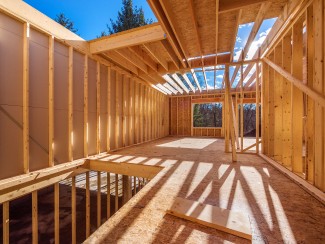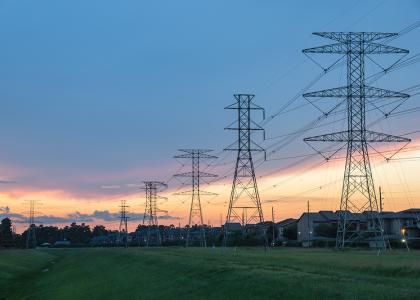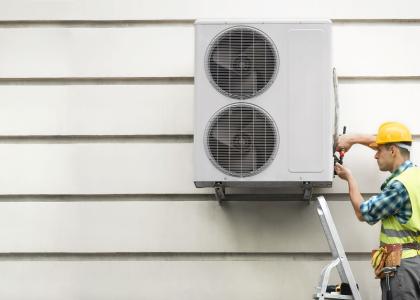Washington, DC—In a bipartisan vote today, the U.S. Senate rejected an amendment to block a federal proposal that will lower household costs by ensuring more new homes are built to up-to-date energy codes.
In May, the U.S. Department of Housing and Urban Development (HUD) and Department of Agriculture (USDA) proposed new energy standards that would significantly lower costs for Americans. If the action is finalized, residents of these homes will save an estimated $14,500 for single-family houses and more than $5,000 per apartment or condo.
Leaders from top consumer, energy, and housing groups applauded the Senate’s decision and called on government agencies to implement these measures to lower costs for Americans.
Mark Kresowik, senior policy director at the American Council for an Energy-Efficient Economy, said: “Brand-new homes that waste energy saddle their residents with high bills for decades, so up-to-date codes are critical. The agencies are doing exactly what they’re supposed to by ensuring homes purchased with federal support aren’t built to old codes. Blocking this progress would have meant greenlighting inefficient homes with all their costs. The agencies should now get the job done.”
Jonathan Harwitz, director of public policy at the Housing Assistance Council, said: “The Senate did the right thing. HUD and USDA serve renters and homebuyers with very limited resources, who already face growing costs for their homes and their utilities. Long-term energy savings are not just good, they're necessary. We stand ready to work with the agencies to find ways to cover the upfront costs for the short time periods until they pay for themselves.”
Alys Cohen, senior attorney at the National Consumer Law Center, said: “Lower utility bills translate into more affordable monthly housing costs for homeowners and renters, decreasing the risk of foreclosure and eviction. We applaud the Senate for rejecting efforts to undermine progress on stronger energy efficiency building codes and for supporting efforts to limit the impact of unknown utility bills on people moving into newly built homes.”
A broad coalition of companies and organizations championing housing affordability, energy efficiency, and climate mitigation have spoken out against this effort to raise costs on families, including in a letter to senators last week.
Background:
Americans are feeling the strain of rising energy costs and a lack of affordable climate-resilient housing amid worsening climate disasters. The Department of Housing and Urban Development (HUD) and the U.S. Department of Agriculture (USDA) proposed updated energy standards that will lower energy costs for Americans, keep more families in their homes, and advance affordable climate-resilient housing.
About 200,000 new homes are purchased each year with federally backed loans such as Federal Housing Administration (FHA) and USDA mortgages, along with new homes with funding from other HUD programs. Americans buying these homes could save about $15,000 for single-family homes and more than 5,000 per apartment or condo, and improving the efficiency of those homes could save taxpayers $19 billion.
Updating efficiency standards will help keep Americans in their homes, including amid worsening climate disasters. FEMA found that homes built to code from 2001 avoided $1.6 billion a year in flood, wind, and earthquake damage by 2016, and they will avoid a cumulative $132 billion in damage by 2040. Homes built with energy-efficient codes help renters and homeowners safely stay in their homes during power outages that otherwise would result in extreme heat or cold.
The American Council for an Energy-Efficient Economy (ACEEE), a nonprofit research organization, develops policies to reduce energy waste and combat climate change. Its independent analysis advances investments, programs, and behaviors that use energy more effectively and help build an equitable clean energy future.
The Housing Assistance Council (HAC) is a national nonprofit that supports affordable housing efforts throughout rural America. Since 1971, HAC has provided below-market financing for affordable housing and community development, technical assistance and training, research and information, and policy formulation to enable solutions for rural communities.
Since 1969, the nonprofit National Consumer Law Center® (NCLC®) has worked for consumer justice and economic security for low-income and other disadvantaged people in the U.S. through its expertise in policy analysis and advocacy, publications, litigation, expert witness services, and training.




